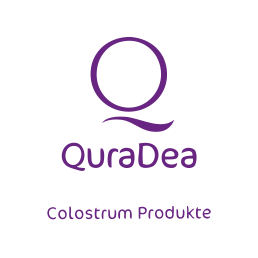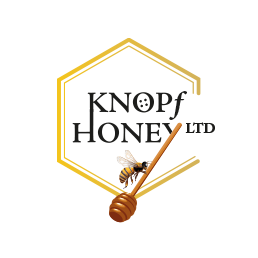Zurück
Empfehlungen
Sortiment
Marken
«Natürliche Rohstoffe, eine nachhaltige Produktion und die Innovationskraft unserer Mitarbeitenden – die perfekte Symbiose für unsere genussvollen und gesunden Produkte.»


Heinrich & Ulrich Grünig
Zweite Familiengeneration
Aktuelles
Gratis Versand ab CHF 60.–
Bezahlung auf Rechnung
+500 Produkte

















